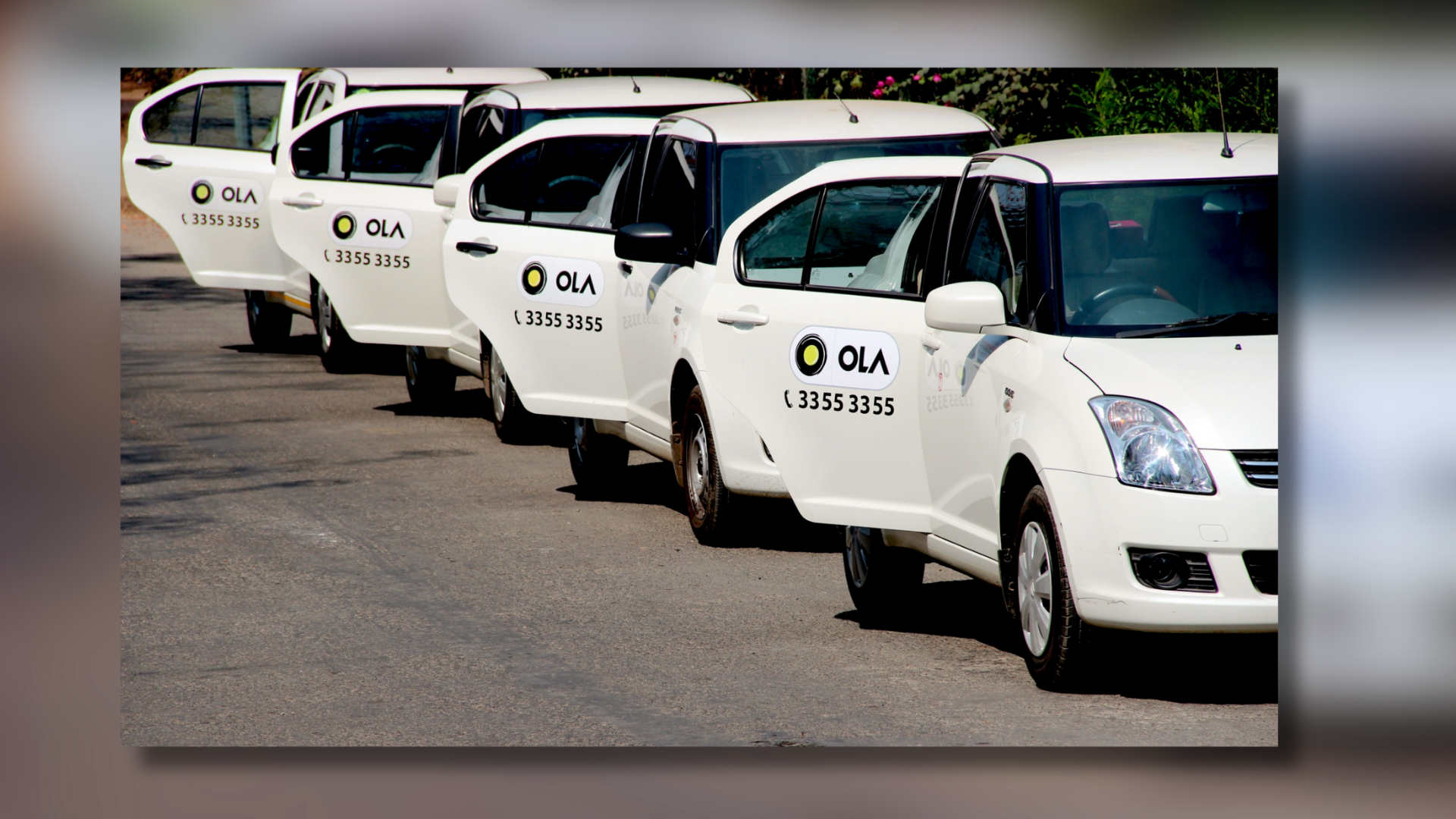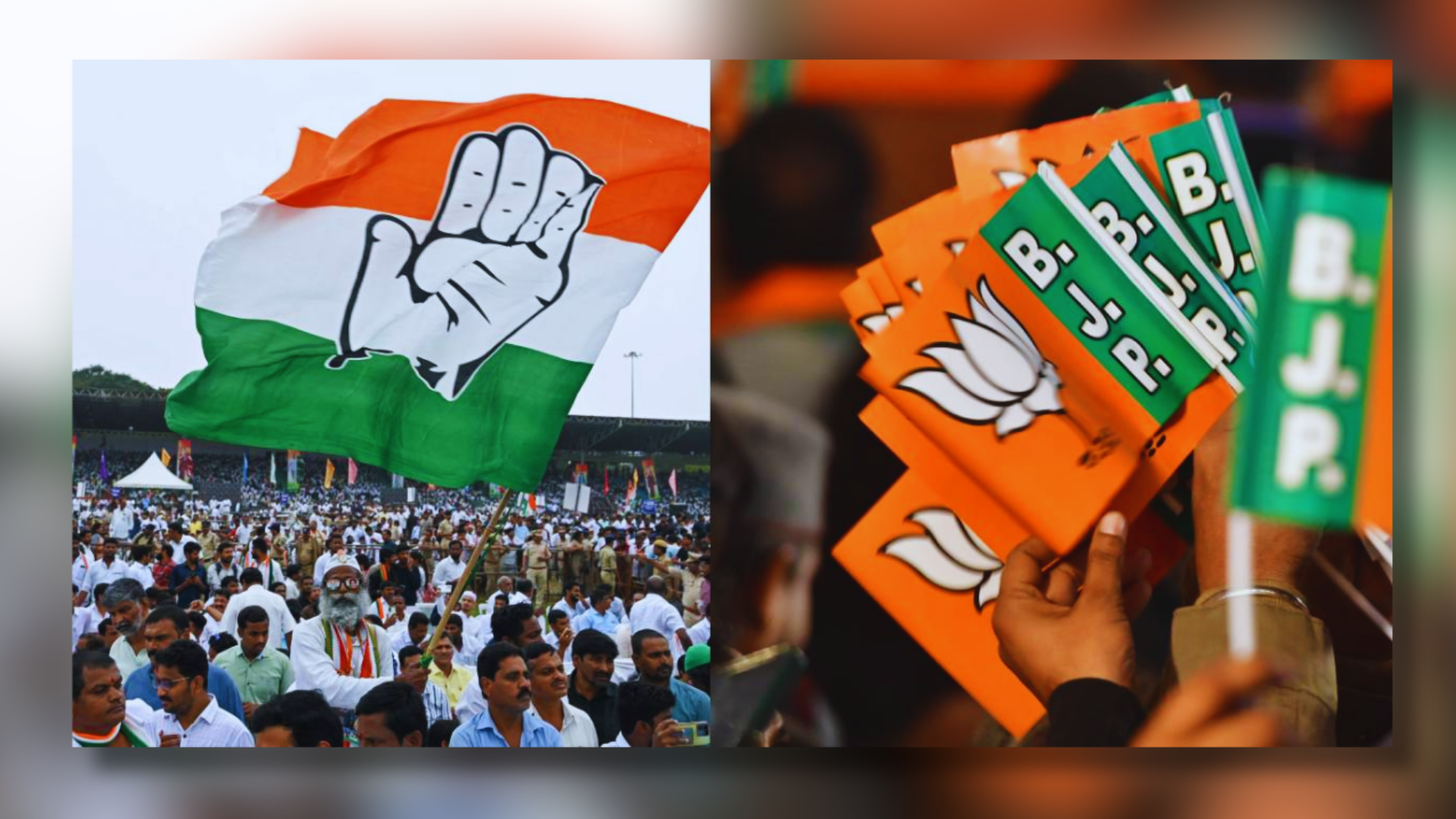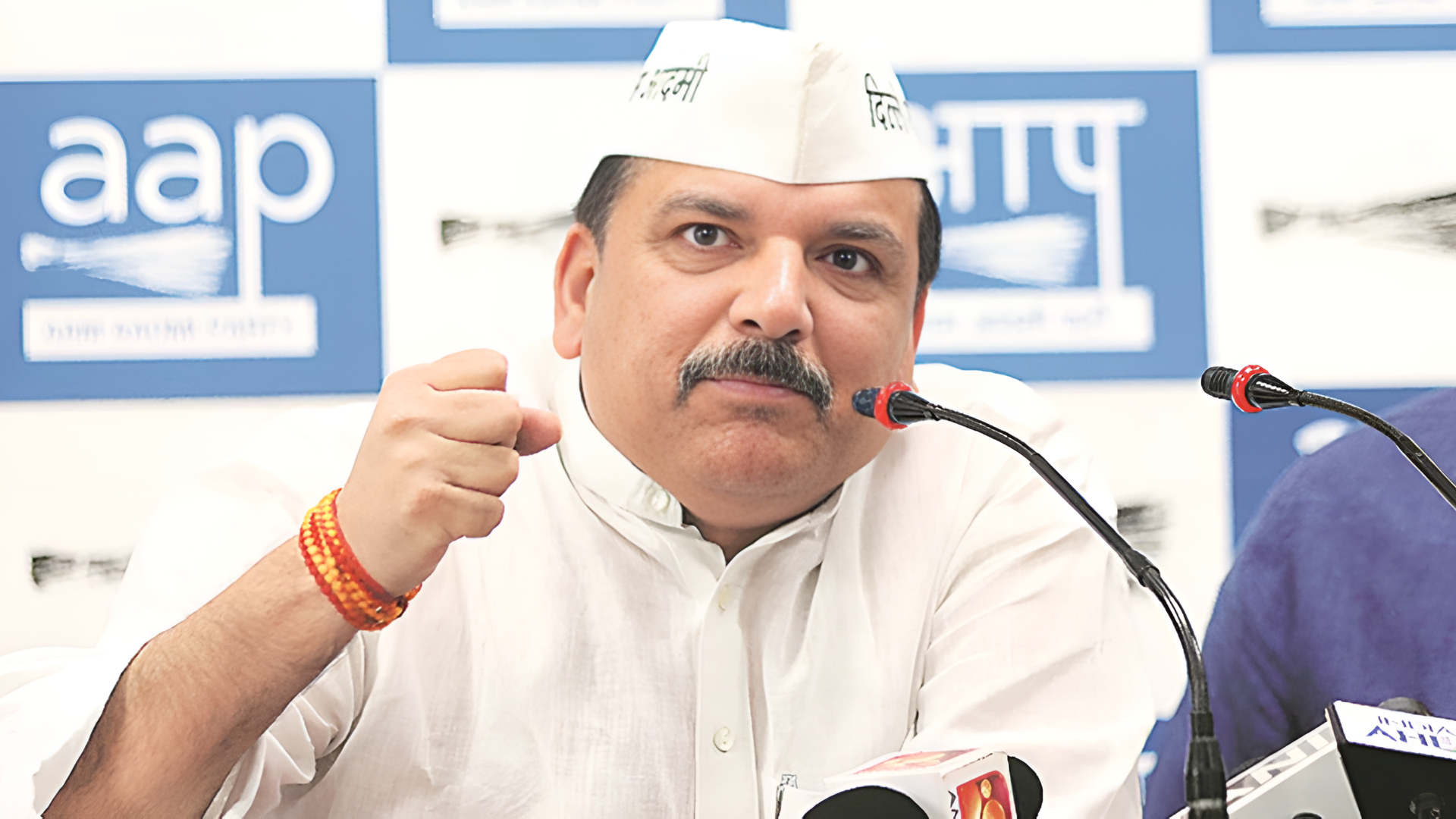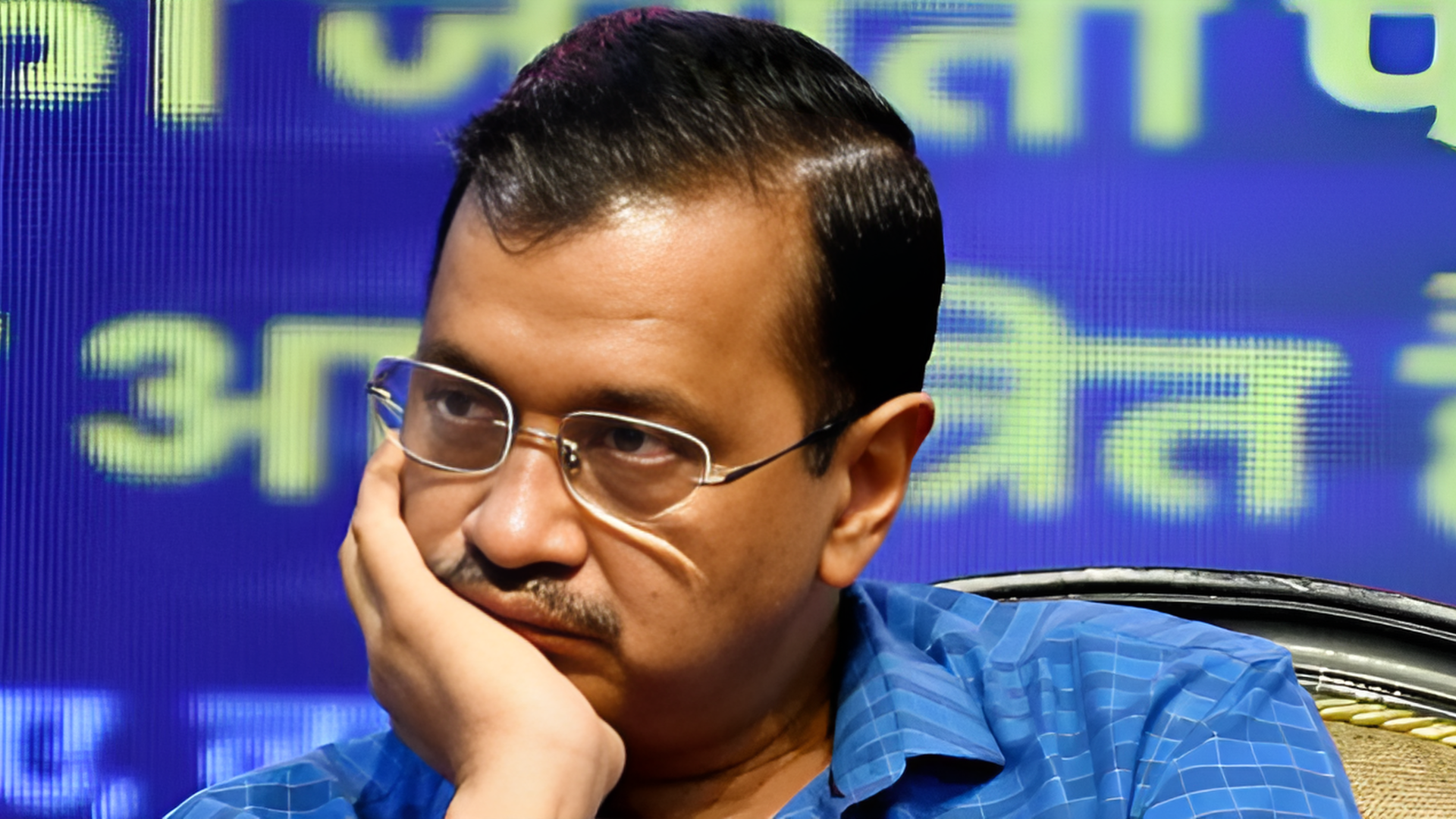










India’s efforts to attract foreign investment tot counteract the economic damage caused by Coronavirus induced lockdowns just took a massive hit, as Toyota announced that they would not be expanding further in India, citing a high taxation policy, along with a lack of reforms.
Shekar Viswanathan, vice chairman of Toyota’s local unit, Toyota Kirloskar Motor, talked about the damage high taxes cause, by lowering demand due to higher prices, and therefore idling factories and hampering nob creation. The high levies also put owning a car out of reach of many consumers.
“The message we are getting, after we have come here and invested money, is that we don’t want you,” Viswanathan said in an interview. In the absence of any reforms, “we won’t exit India, but we won’t scale up.”
Also Read: PM Modi lays foundation stone of seven projects in Bihar
Also Read: Hurt by Jaya Bachchan’s remark, Ravi Kishan says he is just a son of a priest who crawled his way up
Toyota began operating in India in 1997. 89% of its local unit is owned by the Japanese company, and it has small market share of 2.^%, significantly down from just last year, when it was at 5%.
In India, motor vehicles attract taxes as high as 28%, along with many additional levies ranging from 1% to as much as 22%.
India imposes these ‘additional levies’ on what it deems to be luxury goods, such as cigarettes, sparkling water, and some automobiles.
International auto-manufacturers have been struggling to expand in the Indian market, which is the fourth largest market in the world, In order to offset this, the Indian government planned to give $23 billion in incentives.
General Motors, a well known international automaker, moved out of the country in 2017, while Ford, a brand that had aimed to be in the top 3 by 2020, moved it’s assets into a joint venture with Mahindra, due to an inability to win the market share.
Even before the pandemic hit, Indian automobile sales were in a downfall, and over half a million jobs had been lost.
Currently, electric vehicles are taxed at 5%, which may provide an alternative market for automakers. However, Vishwanathan isn’t confident in that either, as he feels a tax increase in inevitable, following the pattern of successive governments in India.
While discussions are ongoing between ministries for a reduction in taxes, there may not any immediate agreement on an actual cut, India’s Heavy Industries Minister Prakash Javadekar said earlier this month.










